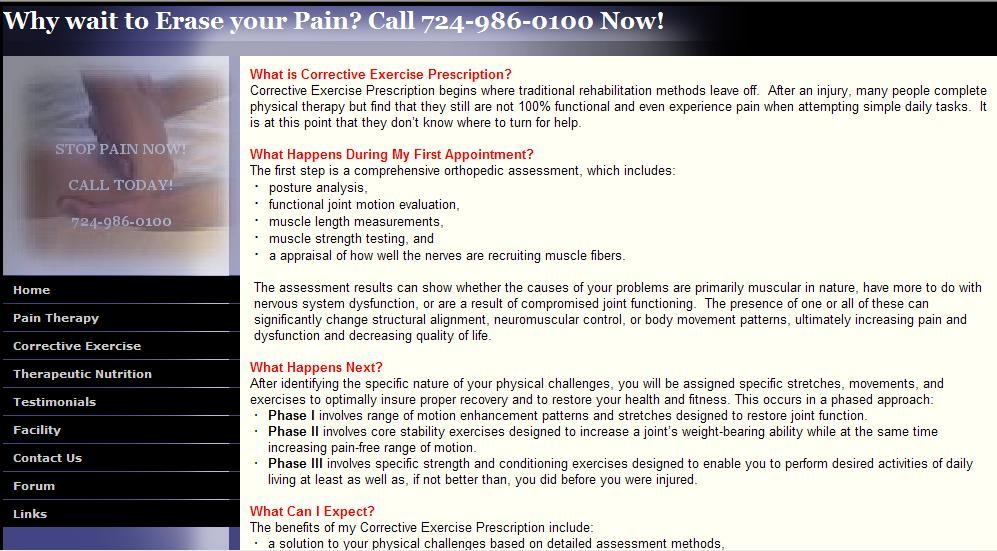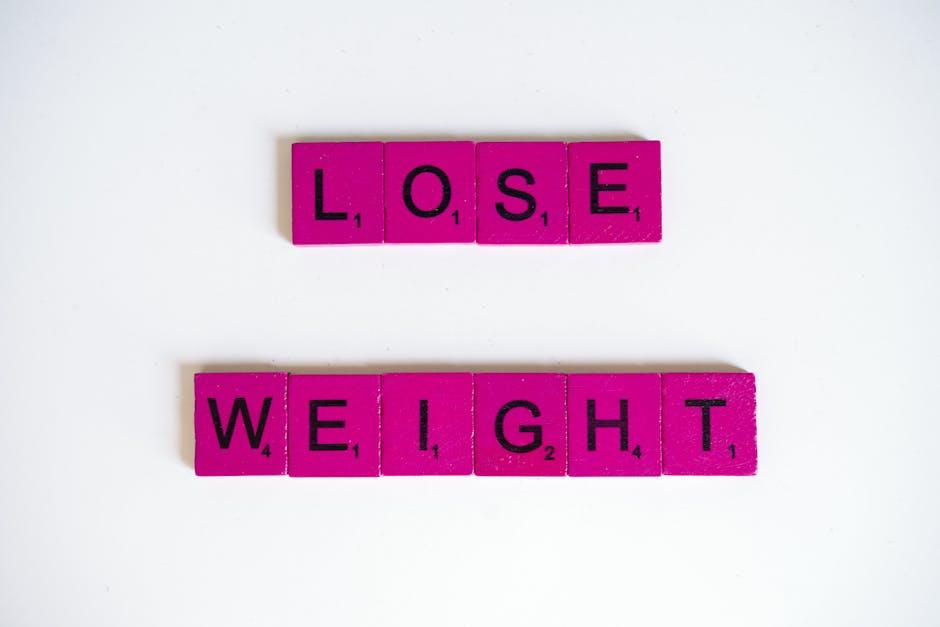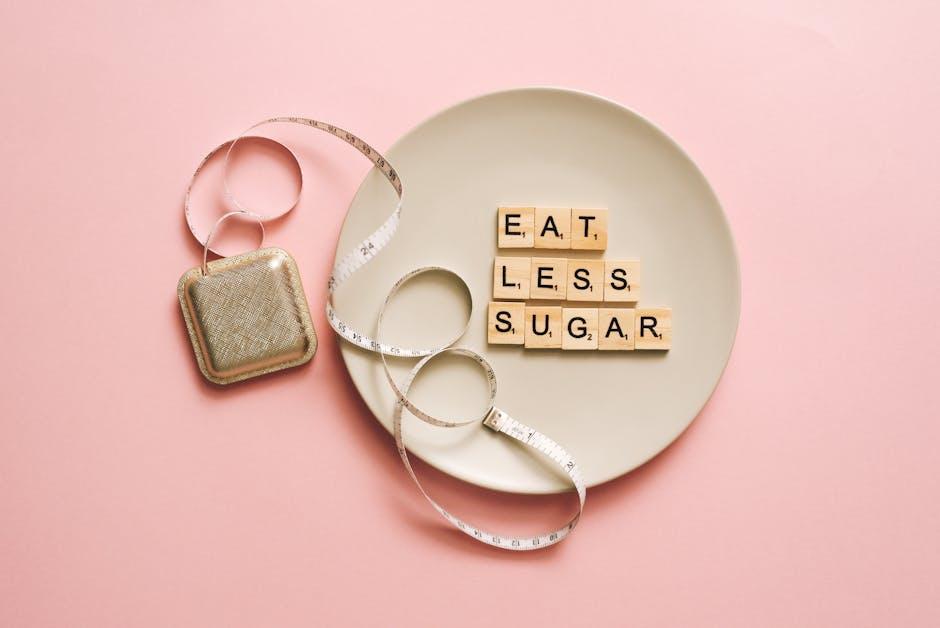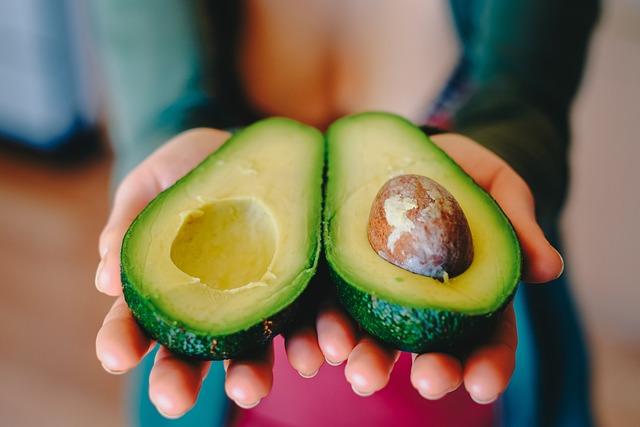Losing weight is a journey that many embark on, often filled with a mix of hope, determination, and sometimes confusion. The abundance of advice available can be overwhelming, leaving many to wonder whether they should focus more on dieting or exercise to achieve their goals. In this article, we will explore the intricate balance between these two critical components of weight loss. By understanding the unique roles that diet and exercise play, you can make informed decisions that align with your personal health goals. Let’s navigate this path together, with empathy and clarity, to uncover what might work best for you.
Understanding the Role of Diet in Weight Loss
When it comes to shedding those extra pounds, diet often plays a more significant role than exercise. This doesn’t mean that exercise isn’t important; rather, the food you consume can have a more direct impact on your weight. Here are some reasons why diet might be more crucial:
- Caloric Intake: Managing your caloric intake is easier through diet than by trying to burn off excess calories through exercise alone.
- Nutrient Quality: The quality of the calories you consume can affect your metabolism and energy levels. Opt for nutrient-dense foods like fruits, vegetables, lean proteins, and whole grains.
- Portion Control: Monitoring portion sizes can prevent overeating, which is often a hidden culprit in weight gain.
While a balanced diet is foundational, combining it with regular physical activity maximizes your weight loss efforts and promotes overall health. Remember, it’s about finding a sustainable balance that works for you.

Balancing Exercise and Diet: Finding Your Optimal Strategy
When it comes to shedding those extra pounds, the debate often boils down to whether diet or exercise plays a more pivotal role. The truth is, both elements are crucial and should be harmoniously balanced to achieve optimal results. Here’s how you can strike that balance:
- Diet: Focus on consuming nutrient-dense foods that provide the necessary vitamins and minerals while keeping your calorie intake in check. Consider incorporating:
- Lean proteins like chicken, fish, and plant-based alternatives.
- Whole grains such as quinoa, brown rice, and oats.
- Fruits and vegetables that are rich in fiber and low in calories.
- Exercise: Aim for a mix of cardiovascular workouts and strength training. This combination helps in burning calories and building muscle mass, which can boost your metabolism. Try to include:
- Cardio exercises like running, cycling, or swimming.
- Strength training with weights or resistance bands.
- Flexibility workouts such as yoga or stretching routines.
By understanding the importance of both diet and exercise, you can create a personalized plan that not only helps you lose weight but also promotes overall well-being. Remember, consistency is key, and making sustainable lifestyle changes will lead to long-term success.

Practical Tips for Combining Diet and Exercise
Successfully merging diet and exercise into your weight loss journey can be a game-changer. Here are some practical tips to help you seamlessly integrate both elements:
- Plan Balanced Meals: Prioritize a mix of proteins, healthy fats, and complex carbs. This not only fuels your workouts but also helps in muscle recovery.
- Set Realistic Goals: Create achievable targets for both your diet and exercise routines. This keeps you motivated and reduces the risk of burnout.
- Stay Hydrated: Water plays a crucial role in both dieting and exercising. Aim to drink at least 8 glasses a day to support metabolic processes and muscle function.
- Listen to Your Body: Pay attention to how your body responds to different foods and exercises. Adjust your plan accordingly to avoid injuries and maintain overall well-being.
- Track Your Progress: Use apps or journals to monitor your diet and exercise. This helps in identifying what works best for you and makes it easier to stick to your plan.

Staying Motivated: Emotional Well-being in Your Weight Loss Journey
Embarking on a weight loss journey can be an emotional rollercoaster, and maintaining motivation is crucial for long-term success. It’s essential to prioritize your emotional well-being as much as your physical efforts. Here are some tips to keep your spirits high:
- Set Realistic Goals: Break down your overall weight loss goal into smaller, achievable milestones. Celebrate each victory to keep your motivation alive.
- Practice Self-Compassion: Understand that setbacks are a natural part of the process. Be kind to yourself and avoid self-criticism.
- Find a Support System: Surround yourself with friends, family, or online communities that encourage and support your journey.
- Mindful Eating: Pay attention to your body’s hunger and fullness cues. Enjoy your meals without distractions to foster a healthier relationship with food.
- Stay Active for Joy: Engage in physical activities that you genuinely enjoy. This will make exercise feel less like a chore and more like a fun part of your day.
Remember, your mental health is just as important as your physical health. Keeping a balanced perspective and nurturing your emotional well-being can make your weight loss journey more fulfilling and sustainable.





